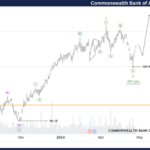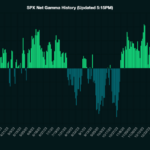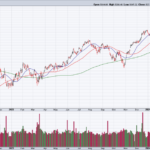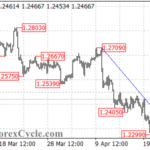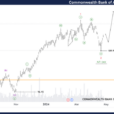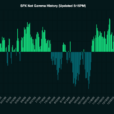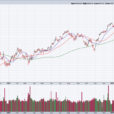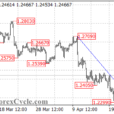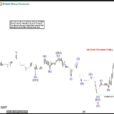
General Mills (GIS) has dramatically underperformed the market in the last two years. During this period, the stock has lost 30% whereas S&P has rallied 22%. As a result, General Mills is currently trading at a 5-year low and is offering a dividend yield of 4.6%. This is the highest yield the stock has offered in the last 30 years. As the market does not offer such attractive yields for free, the big question is how safe the dividend of General Mills is.
First of all, one of the most important parts of a dividend growth strategy is to avoid dividend cuts. A growing income stream is paramount for investors to offset the effect of inflation and reach their financial goals. Moreover, a dividend cut usually goes in tandem with significant capital losses so it has a double negative effect on a portfolio. Overall, one cannot overemphasize the importance of avoiding dividend cuts.
Reasons for General Mills’ Underperformance
The main reason behind the disappointing performance of General Mills is the secular decline of its flagship products. As consumers have become increasingly health-conscious in recent years, the company has failed to grow its revenues and its earnings for five consecutive years. In addition, it is facing more intense competition than ever, as there are numerous products on the shelves of supermarkets, both branded and private-label. The fierce competition exerts great pressure on the margins of General Mills. Its margins are also pressured by large retailers, which have engaged in a price war and thus exert pressure for lower prices on their suppliers. All these factors have adversely affected the business performance of the food stalwart in recent years. Even worse, they are likely to remain in place for the foreseeable future.
The performance of the stock has also been affected by the environment of rising interest rates. Most of the shareholders of General Mills are holding the stock for its attractive dividend and its exceptional dividend record. As interest rates rise, investors can find decent yields elsewhere. Consequently, rising interest rates exert downward pressure on the valuation of General Mills. It is not accidental that the stock peaked in mid-2016, when interest rates were still around record-low levels.



